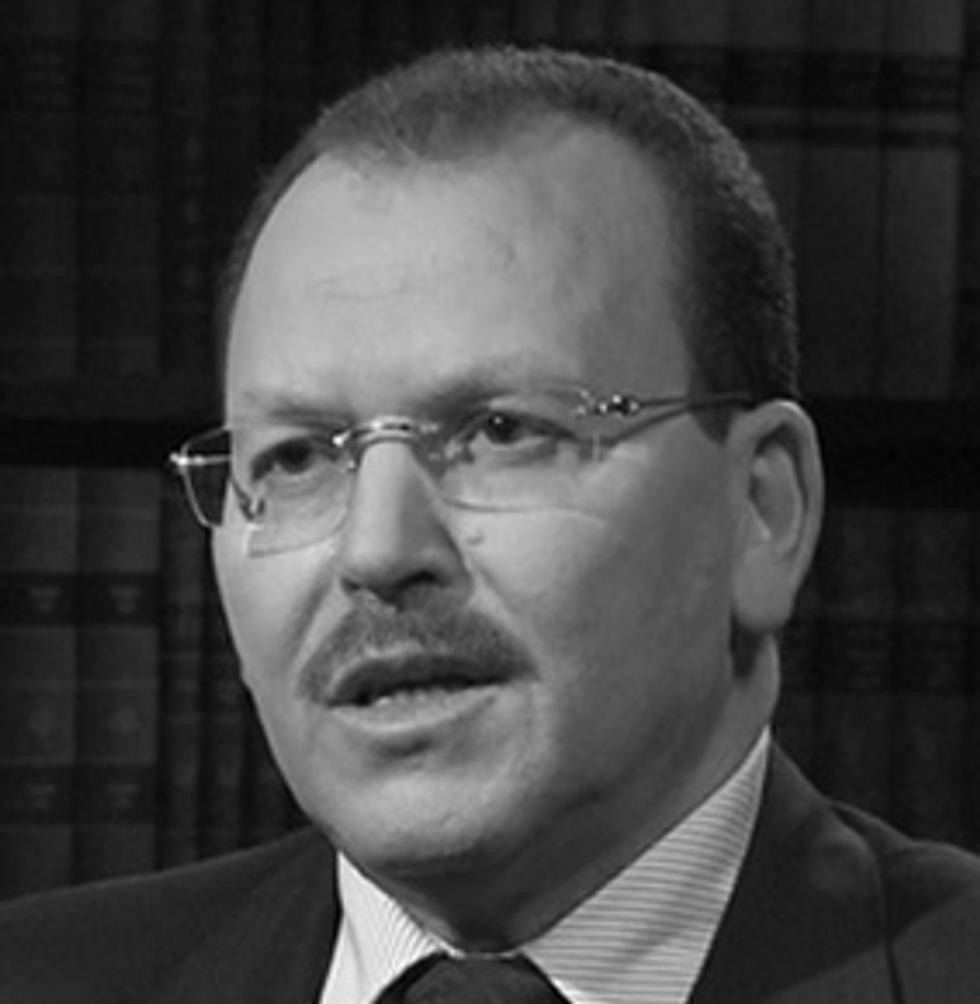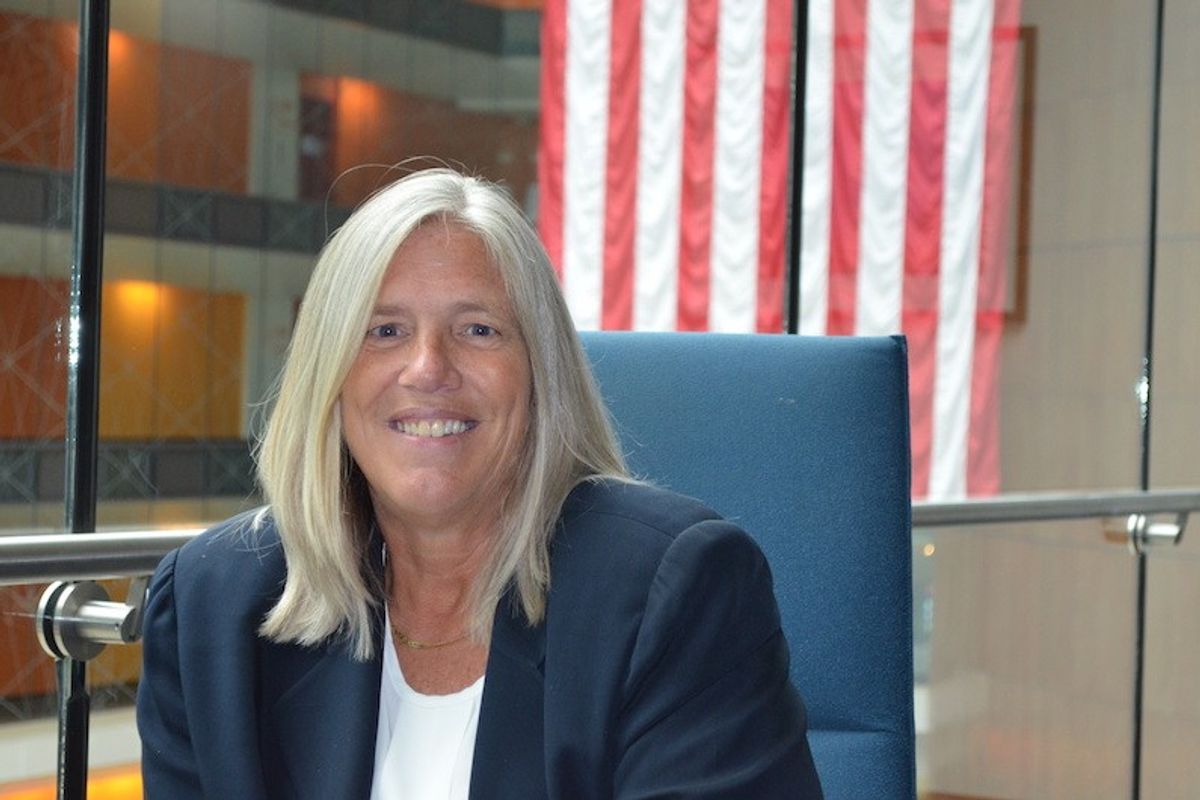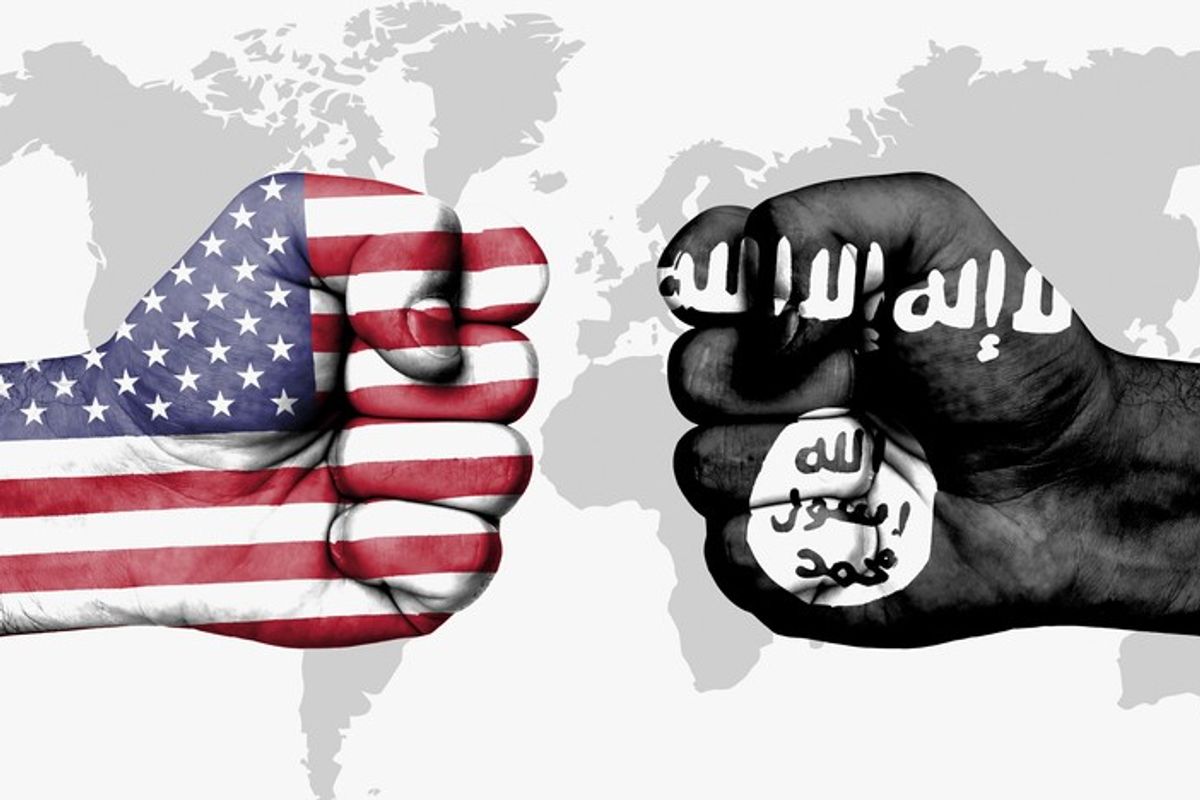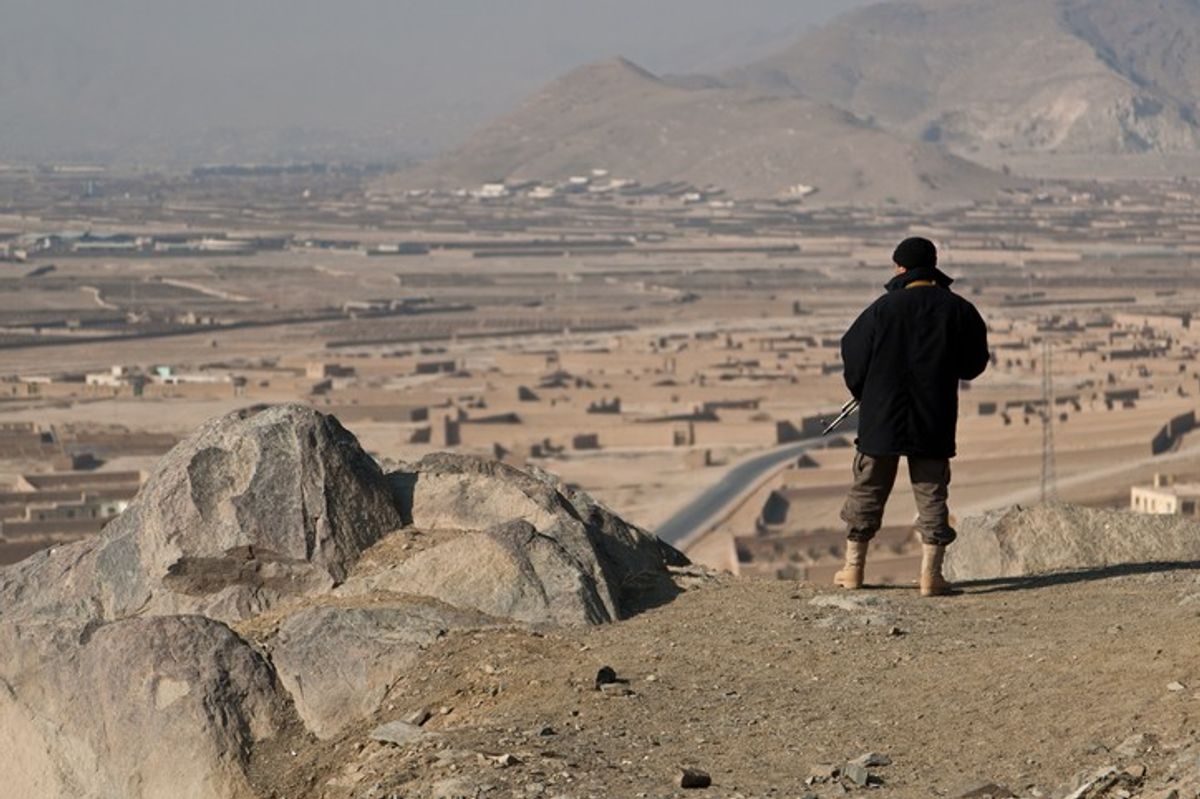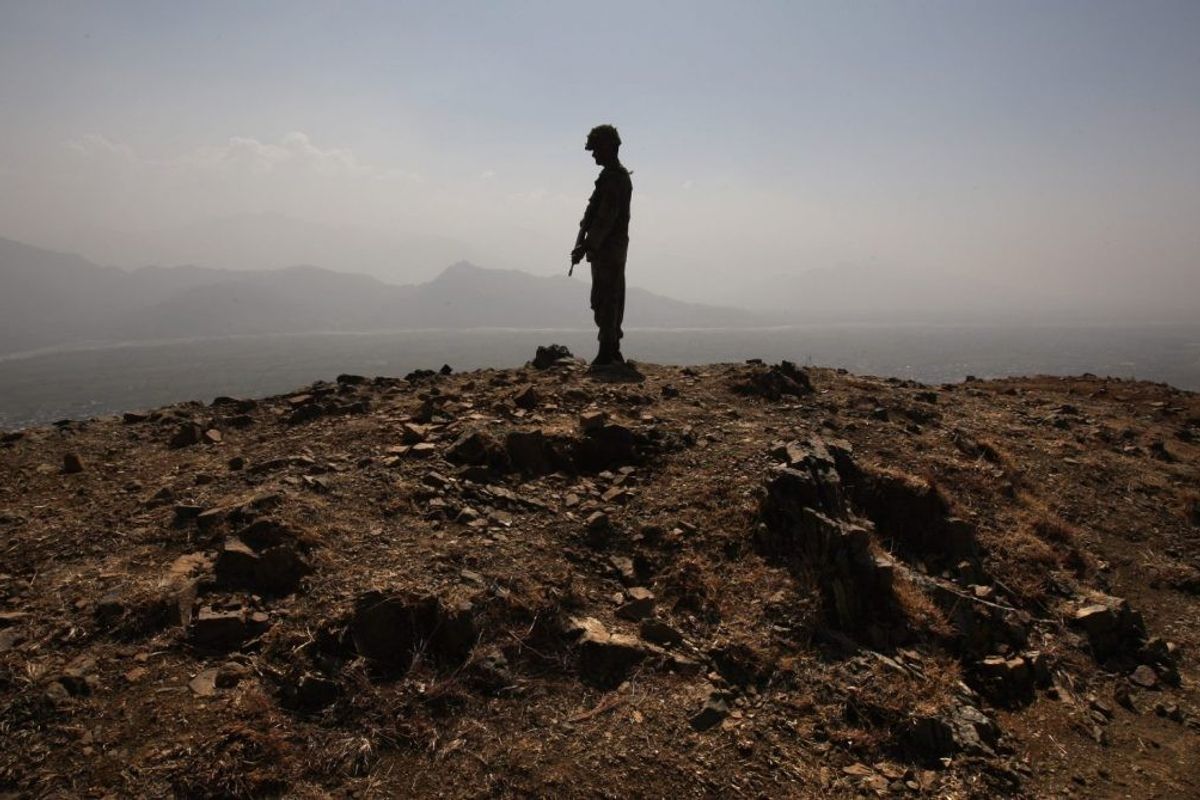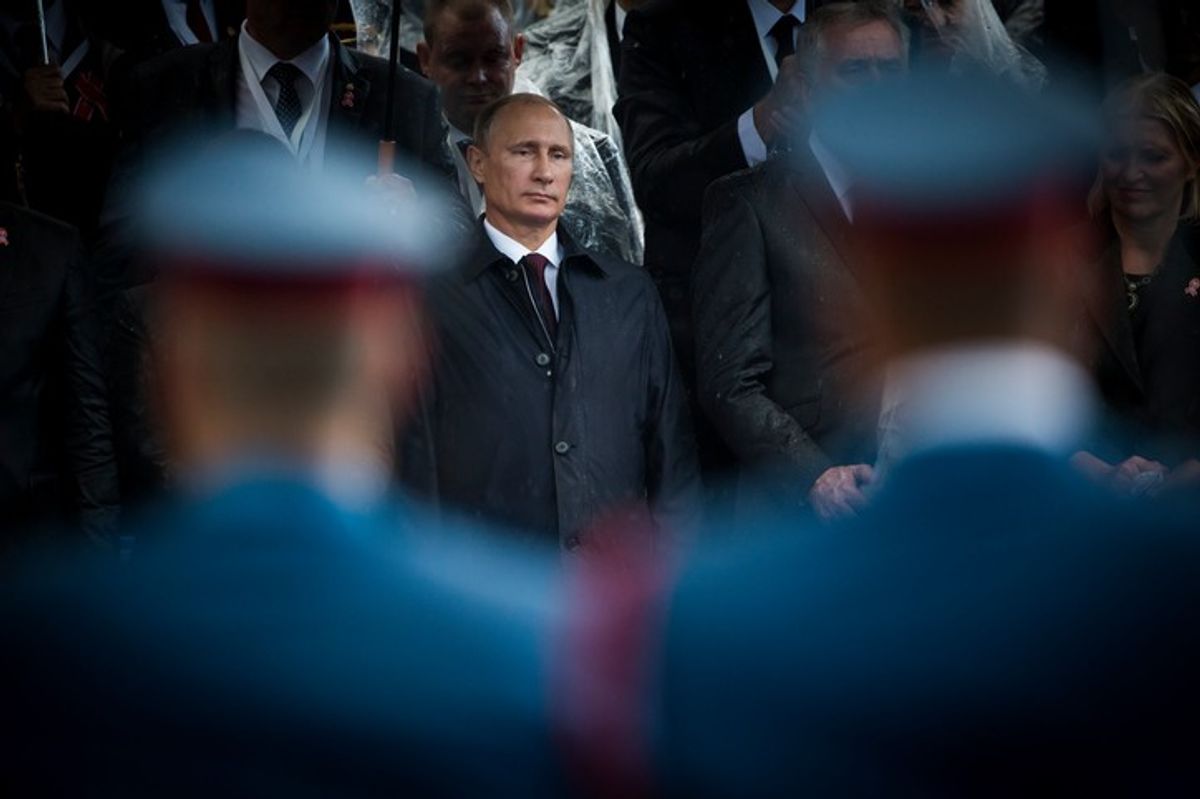This Sunday marks seven years since a wave of protests erupted across the Middle East and North Africa in what came to be known as the Arab Spring. Tunisia, the country where the uprisings began, has been saluted as the revolution’s success story for managing a relatively peaceful transition from an authoritarian regime to a functioning democracy. But is it really such a success? Tunisia’s democratic makeover remains a work in progress. The country faces difficult hurdles that, if not addressed, could threaten its future.
- Demonstrators in the Tunisian city of Sidi Bouzid, located about 200 miles south of the capital Tunis, took to the streets on Dec. 17, 2010, after Mohamed Bouazizi, a fruit vendor, set himself on fire in response to police humiliatingly confiscating his produce. The event sparked mass protests across the country and ultimately led to the January 2011 toppling of the Tunisian regime of President Zine El Abidine Ben Ali.
- The Islamist Ennahda Party, meaning the “Resistance Party,” emerged victorious in the country’s October 2011 parliamentary elections and subsequently formed a governing coalition. However, new protests broke out in July 2013, demanding the government resign after Islamists were accused of assassinating leading opposition candidate Mohammed Brahmi.
- By December 2013, the Ennahda-led government agreed to step down and appoint a new prime minister. In January 2014, the Tunisian parliament passed the country’s current constitution, which recognizes equality between men and women and guarantees the freedom of worship, but also maintains Islam as the state religion.
- The Nida Tounes party, which includes secularists, trade unionists and liberals, won a majority of seats in the country’s most recent parliamentary elections held in October 2014 and assumed control of the government. Current Tunisian President Beji Caid Essebsi, a member of Nida Tounes, defeated outgoing President Moncef Marzouki in run-off elections held in December 2014.
Fayçal Gouia, Ambassador of Tunisia to the United States
“There was a range of legislation that was passed in Tunisia after the revolution that helped set up our democracy. We drafted a new constitution that was adopted in early 2014 that is considered by many specialists and observers as one of the most progressive constitutions, not only in the region, but in the world. It goes beyond the liberty of faith to include the liberty of conscience, so anybody is free to practice whatever they want in accordance with the laws and regulations of the country.”
David Shedd, former Acting Director, Defense Intelligence Agency
“There has been very significant political and social change in Tunisia since the Jasmine Revolution of January 2011. The country has held credible and successful presidential and parliamentary elections. For the first time in the country's history, the press is not controlled by the state and there is a robust and open public dialogue on political, social and security related issues. Additionally, security institutions have resisted any temptation to influence internal political events, while staying focused on many successful counterterrorism and border security operations.”
Tunisia has achieved important political milestones over the last seven years, including the passage of a noteworthy anti-terrorism law in August 2015. But, the country still faces an array of challenges. The role of religion in Tunisian politics and society remains a contested topic, and Tunisian citizens still await tangible economic progress and growth. In addition, Tunisia’s security threats include a civil war in neighboring Libya that has the potential to spill across the border, as well as a significant number of Tunisian fighters who traveled abroad to join ISIS and its affiliates in Syria, Iraq and elsewhere, and seek to return home.
David Shedd, former Acting Director, Defense Intelligence Agency
“Even with these successes, the average Tunisian has not seen any improvement in his or her standard of living. The economy is still very stagnant, and government-provided services are lethargic and largely unable to cope with the needs throughout the country. All of this is occurring while the two main political parties (Ennahda and Nida Tounes) seem to spend more time sparring for political advantage and little time actually governing. Tunisia's new democratic political and social fabric remains very fragile, and a continued downward economic slide could very well trigger another round of significant social unrest at least, or a military intervention.”
Shelly Culbertson, Senior Policy Researcher, RAND Corporation
“It was clear that Tunisia faced a rocky road ahead and democratic transition would not be smooth. Tunisians formed the largest number of ISIS foreign fighters. Neighboring Libya was undergoing civil war. It would not be easy to overcome decades of stagnation and corruption under Ben Ali. And now, Tunisia’s hopeful start is at risk of fizzling, because of low engagement of youth, repeated postponements of elections and governmental steps that appear to circumvent an accountability and justice agenda."
Tunisia represents a critical counterterrorism partner for the U.S., particularly due to its determination to combat extremism and its geographical location in a region flush with insurgency and turmoil. But because Tunisia remains such an anomaly and many other countries that experienced their own revolutions remain mired in conflict, the benefit of this cooperation might end up overwhelmed by the larger threats in the region.
John Bennett, former Director,
CIA National Clandestine Service
“When the Arab Spring exploded in Tunisia, its relatively peaceful evolution to a form of Mideast democracy was initially seen by policymakers and the intelligence community as a potential model. But we now know that it was an aberration; subsequent events in Egypt, Libya, Syria and Yemen have demonstrated this. Whatever the level of counterterrorism cooperation we currently receive from Tunisia, the failed state in Libya, and the quasi-failed states in Syria and Yemen, which emerged from the Arab Spring, have exacerbated rather than ameliorated the terrorism problem, not to mention enhancing Russia and Iran's role in the region. It begs the question of whether those events in Tunis were, at the strategic level, really a net plus for U.S. interests.”
Nonetheless, now that Tunisia has seized on the opportunity presented by the Arab Spring to chart a democratic course, ensuring that it sustains this path is the next step. Addressing some of the root causes that trigger instability, such as economic frailty or political exclusion, could help cement Tunisia’s status as a budding republic.
Shelly Culbertson, Senior Policy Researcher, RAND Corporation
“Key to the way forward is the continued engagement of civil society leadership and youth in the political process, rather than turning to protests, dropping out of the discussion or joining extremist groups. The example of Tunisia is vital to the future of the Middle East; the international community should continue providing strong, sustained support for Tunisia’s democratic transition.”
Arezki Daoud, Chief Executive and Lead Analyst, MEA Risk LLC
“The Tunisian experiment cannot be left unattended and should be clearly guided, if we want to showcase a good model to the region. The end result of the ongoing political crisis in Tunisia is that, even though we have a president, prime minister, elected bodies and a constitution, the story continues to evolve, with feuds between and within parties affecting the effectiveness of the administration.”
Ultimately, Tunisia appears to possess the right ingredients and drive to attain its democratic objective. However, as demonstrated by the Arab Spring, a mere incident or event could turn all of this progress upside down.
David Shedd, former Acting Director, Defense Intelligence Agency
“I remain optimistic for the long-term prospects for liberal democratic (in the classic sense) government in Tunisia. Too often, our discussions about politics and international relations drive us to draw conclusions based off of relatively short time horizons. And so, with Tunisia, we should strive to view events through a long-term lens. We are likely to see many ups and downs over the next 10 years. But my assessment is that the democratic trend will hold.”
Bennett Seftel is director of analysis at The Cipher Brief. Follow him on Twitter @BennettSeftel.




